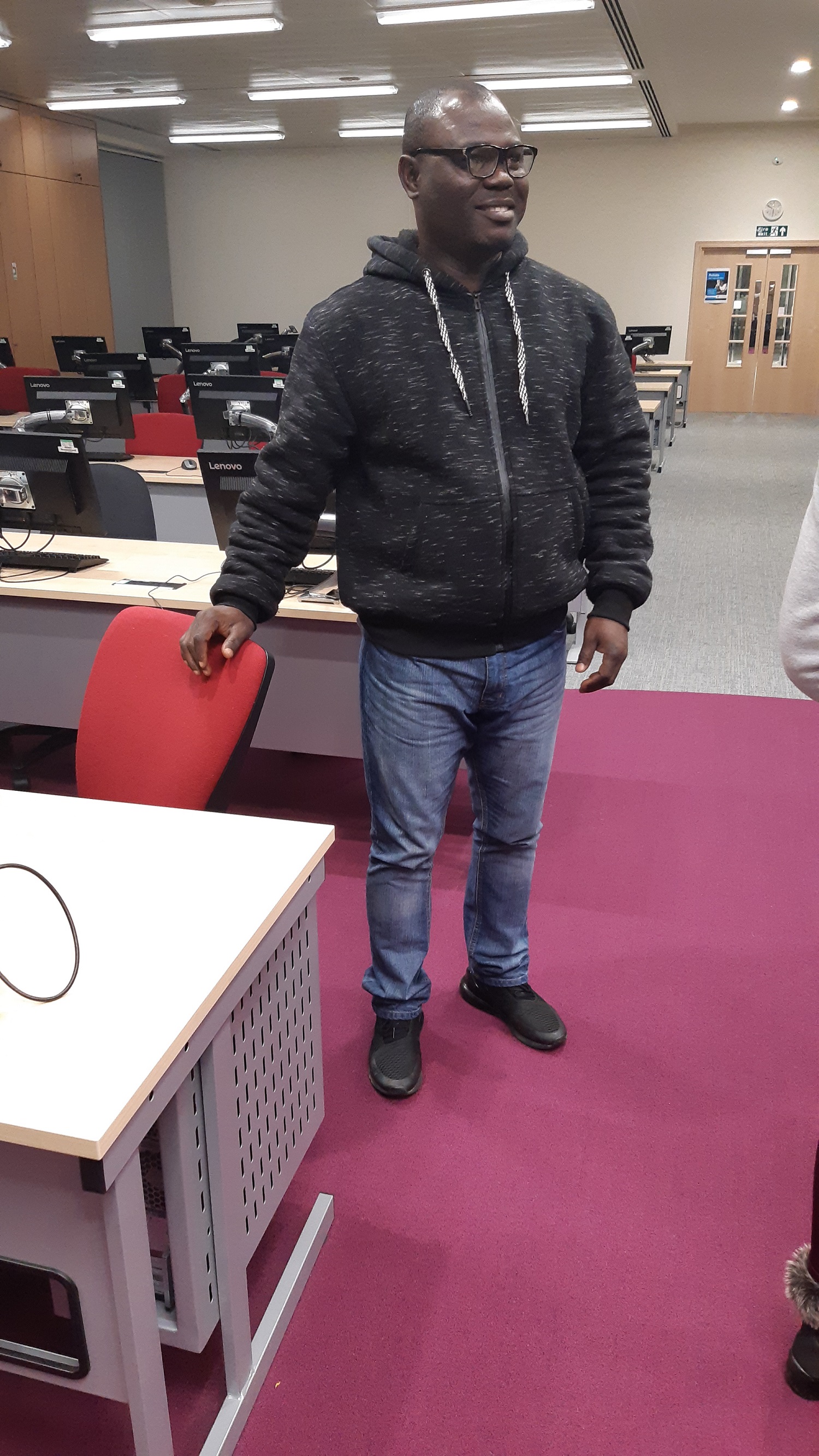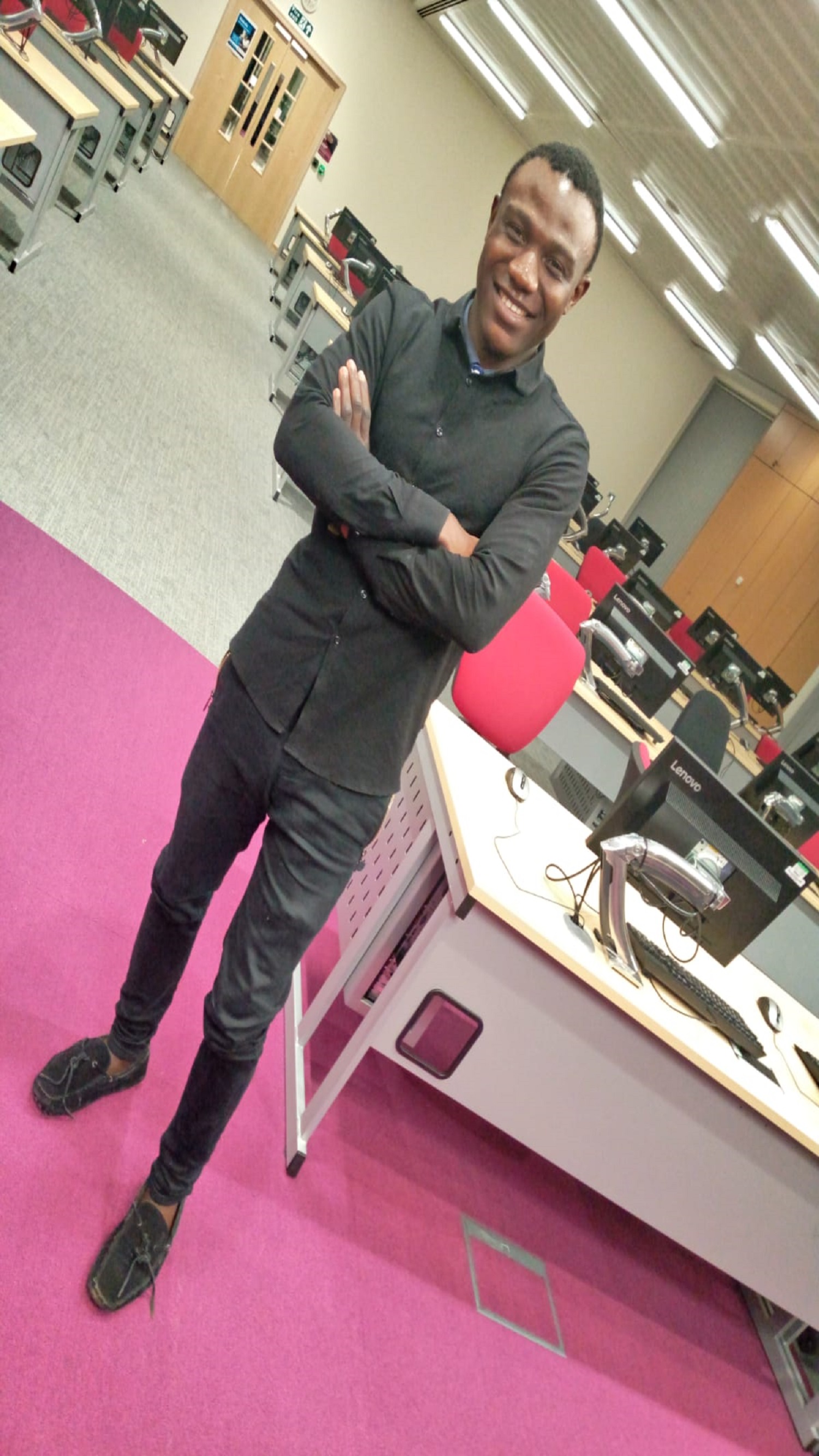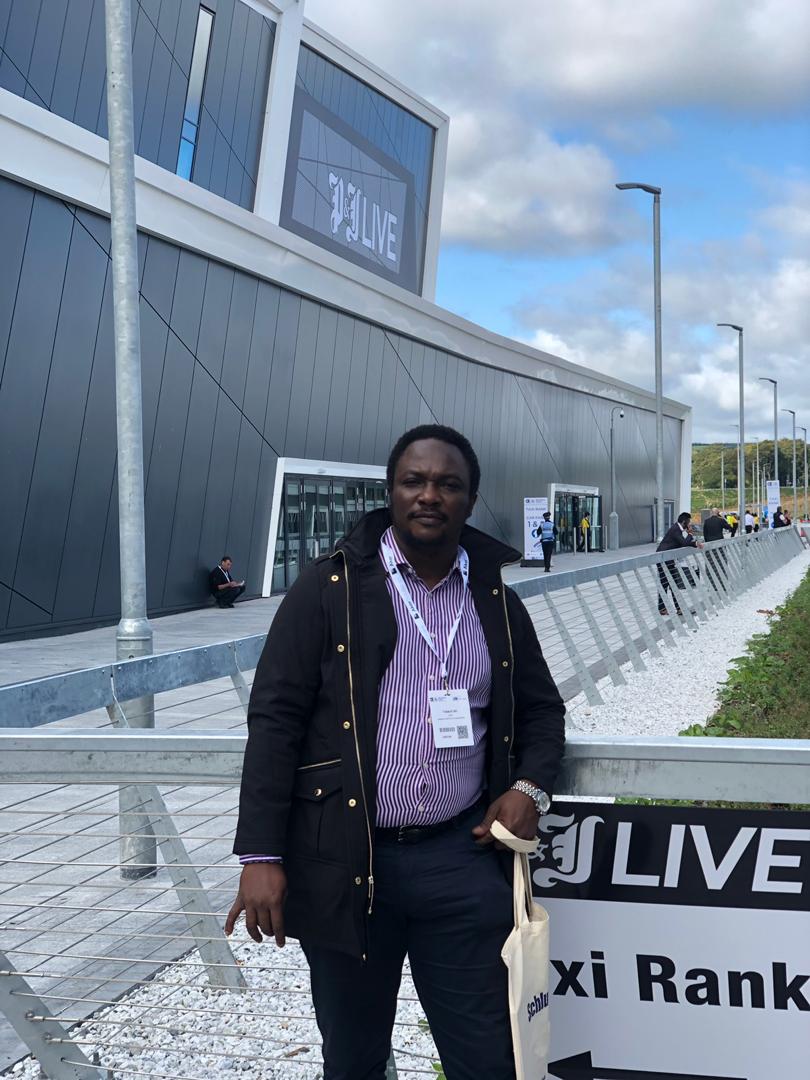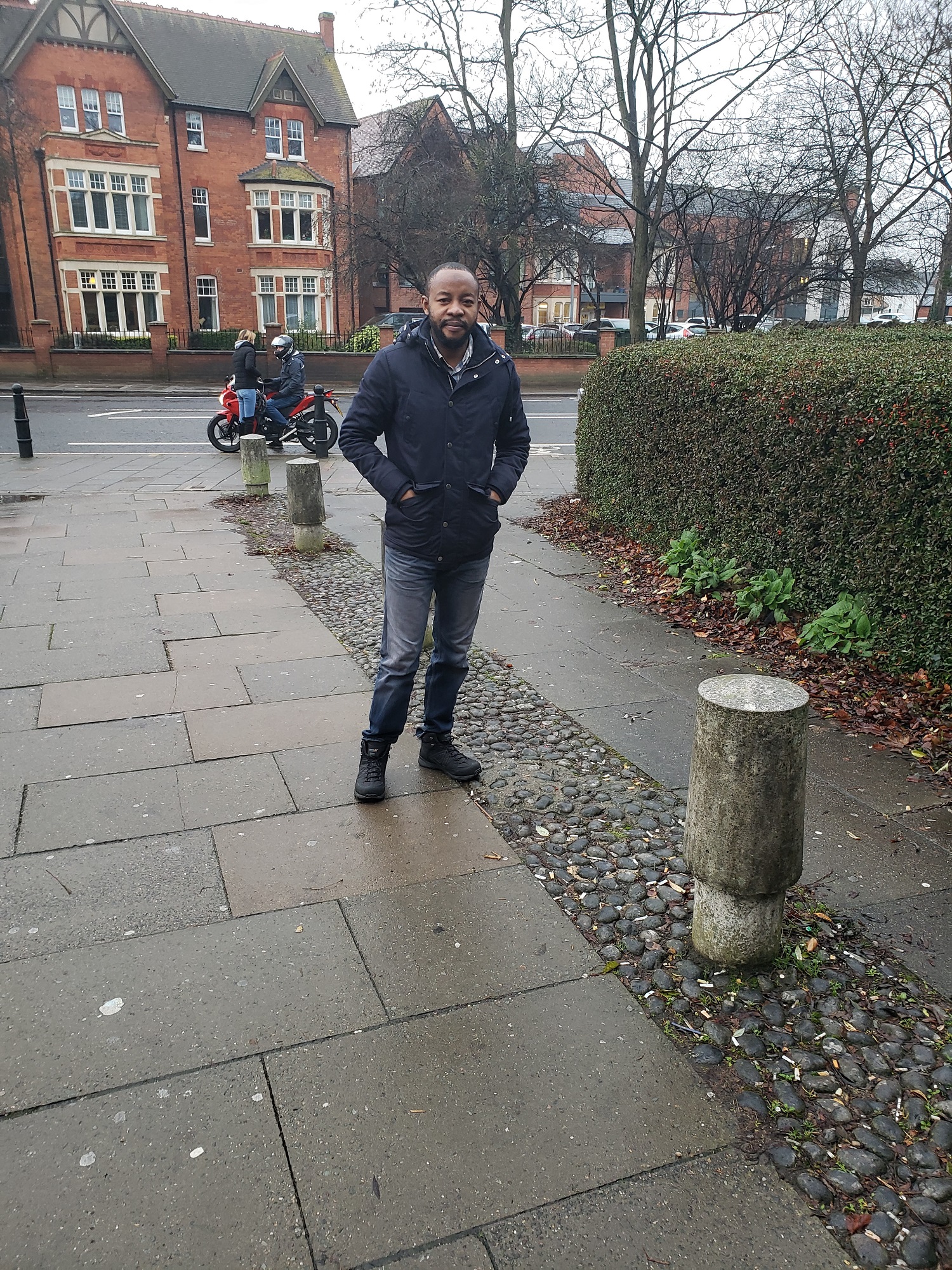Our Cranfield experience so far…
14/01/2020

Monica Rivas Casado, Environment Programme Director, recently invited all of the current Environment MSc students to talk about our first impressions of studying at Cranfield and provide feedback to help improve course activities in the future.
Monica held a doughnut session, with a cup of tea (!), where we were encouraged to discuss the modules we have taken part in and develop ideas for the coming year.
The doughnut session gave me the opportunity to let Monica know how much I am enjoying my time at Cranfield!
During my first module, Environmental Risks: Hazard, Assessment and Management, I have engaged in lots of presentations and activities from both lectures and fellow students and am enjoying some of the real case scenarios set by the tutors.
The course has given me a very practical way of learning but also mirrors the workload and demands seen in industry so is preparing me for the environment after completing the course.
From day one I felt that coming to Cranfield was the right decision. I have been able to fully concentrate on my work and assignments and the campus accommodation and catering has had a big impact on that. Catering is included in my accommodation package which means I do not need to cook, wash up or do any shopping!

Hello! We are Ehizuelen and Benedict and we are studying Environmental Engineering at Cranfield.
We recently went along to a doughnut session where we got the opportunity to meet our Programme Director, Dr Monica Rivas Casado. We outlined and gave positive feedback regarding our first few weeks on our Environmental Engineering MSc and spoke about how our lectures are really supportive and flexible in terms of being able to organise fieldtrips that fellow students propose at a short notice.
So far on our MSc, we feel the Cranfield courses are structured and their delivery helps us to think like professionals in industry. For example, in our modelling environmental processes module we were tasked with modelling hydrological processes as if we were Environmental Engineers in industry. Learning in this way helped us to prepare for the world of work after Cranfield as we have had the experience to solve real case studies, which replicate what is done in an industrial setting. We also get to take advantage of the many management opportunities that the course offered, in terms of skills that we can use in our future careers.
Looking to the future we feel our successfulness of the course will come down to a combination of people and teaching methods that are offered at Cranfield!
-

Ehizuelen Franklin Imafidon -

Benedict Buetsen Hoorkwap
As two new Environmental Engineering MSc students at Cranfield University, we were invited along to a tea and doughnut session with Dr Monica Rivas Casado, Environment Programme Director. Talking over doughnuts, we were encouraged to discuss and develop any ideas we had about possible activities on the course.
During the session, I outlined I had come to Cranfield University after working in industry. In my previous role I worked as a Recycling Advisor and campaigned for improvements to recycling in Surrey to ensure electricity could be generated. I had selected a project during my undergraduate degree which focused on how to recover nutrients, energy and water from wastewater in Nigeria. As a result of this work I realised there was more development needed and looked for a course that could further progress my skills in this field. The Environmental Engineering MSc was a perfect course due to the range of different modules and facilities available at Cranfield University.
We have both also just completed a module on circular economy with Professor Frederic Coulon. This module provides you with a specialist understanding of the major processes used for municipal waste management and their role within an integrated – circular – waste management system. In particular, the module focuses on the bottom three points of the waste hierarchy: recycle, recover and dispose of. We both found this module to be really interactive, motivating, inspiring and very loud!
We also learnt how to treat waste as well as enjoying a field trip to a recycling separation plant in Luton.
Whilst studying here at Cranfield, we are both looking forward to the possibility of being able to organise some research on board the Facility for Airborne Atmospheric Measurements (FAAM) plane and potentially go for a flight to see how it collects information.
FAAM is a world-class research facility dedicated to the advancement of atmospheric science.
-

Tobechi Michael Nri -

Abdulhamid Adamu
Categories & Tags:
Leave a comment on this post:
You might also like…
Company codes – CUSIP, SEDOL, ISIN…. What do they mean and how can you use them in our Library resources?
As you use our many finance resources, you will probably notice unique company identifiers which may be codes or symbols. It is worth spending some time getting to know what these are and which resources ...
Supporting careers in defence through specialist education
As a materials engineer by background, I have always been drawn to fields where technical expertise directly shapes real‑world outcomes. Few sectors exemplify this better than defence. Engineering careers in defence sit at the ...
What being a woman in STEM means to me
STEM is both a way of thinking and a practical toolkit. It sharpens reasoning and equips us to turn ideas into solutions with measurable impact. For me, STEM has never been only about acquiring ...
A woman’s experience in environmental science within defence
When I stepped into the gates of the Defence Academy it was the 30th September 2019. I did not know at the time that this would be the beginning of a long journey as ...
Working on your group project? We can help!
When undertaking a group project, typically you'll need to investigate a topic, decide on a methodology for your investigation, gather and collate information and data, share your findings with each other, and then formally report ...
From passion to purpose: My journey at the Pinnacle of Aviation
By: Sultana Yassin Abdi MSc Air Transport Management, Current Student Born and raised in the vibrant landscape of the UAE, with roots stretching back to Somalia, my life has always been ...






